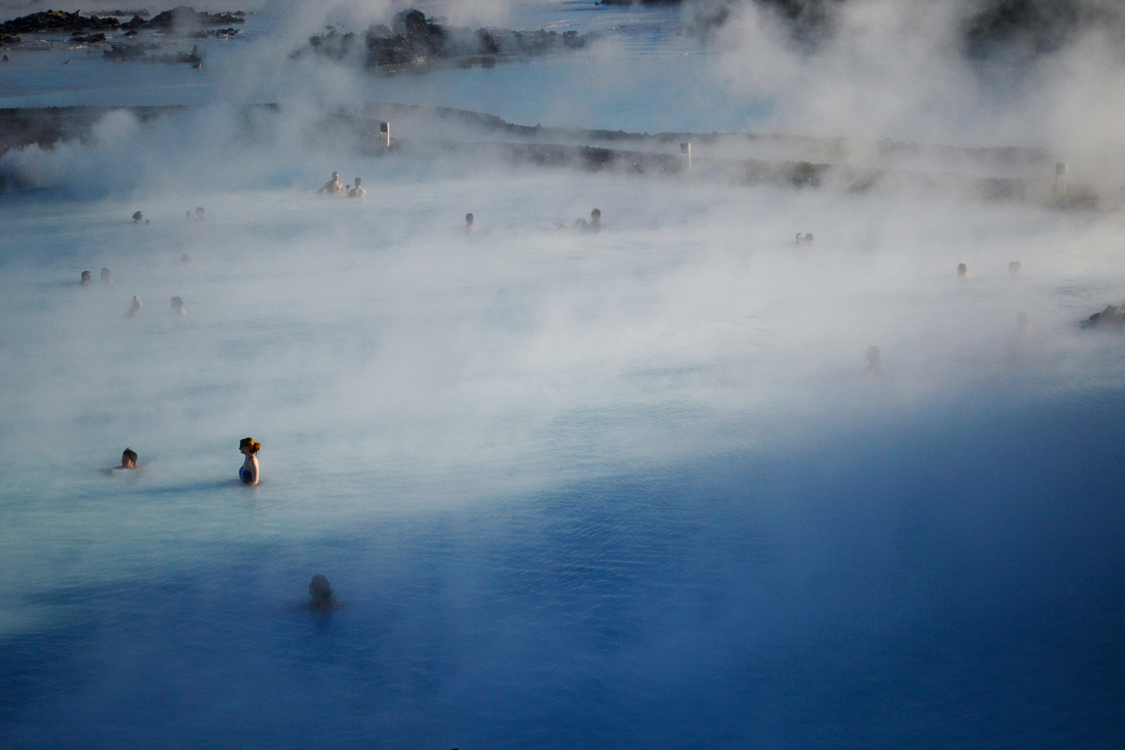2023, a year in which anything is possible
Let's continue inventing the world of tomorrow together…
What if…
we turned paper pulp into fuel, wastewater into heat, sunlight into fresh air, waste into energy?
What if… all this was already possible?
It's already a reality!
Thanks to our optimism and our determination, the ecological transformation is in our hands. Together, we are making the impossible possible.
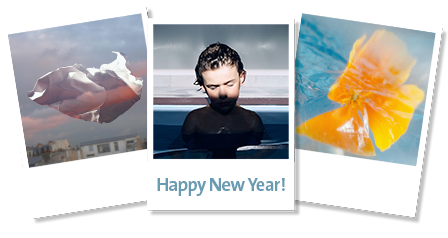

What if… we cooled ourselves down using light?
On the Sippy Downs university campus in Australia, Veolia installed photovoltaic panels that generate energy to cool water stored in a tank, which is then injected into the cooling circuits to power the air conditioning systems in the university buildings.
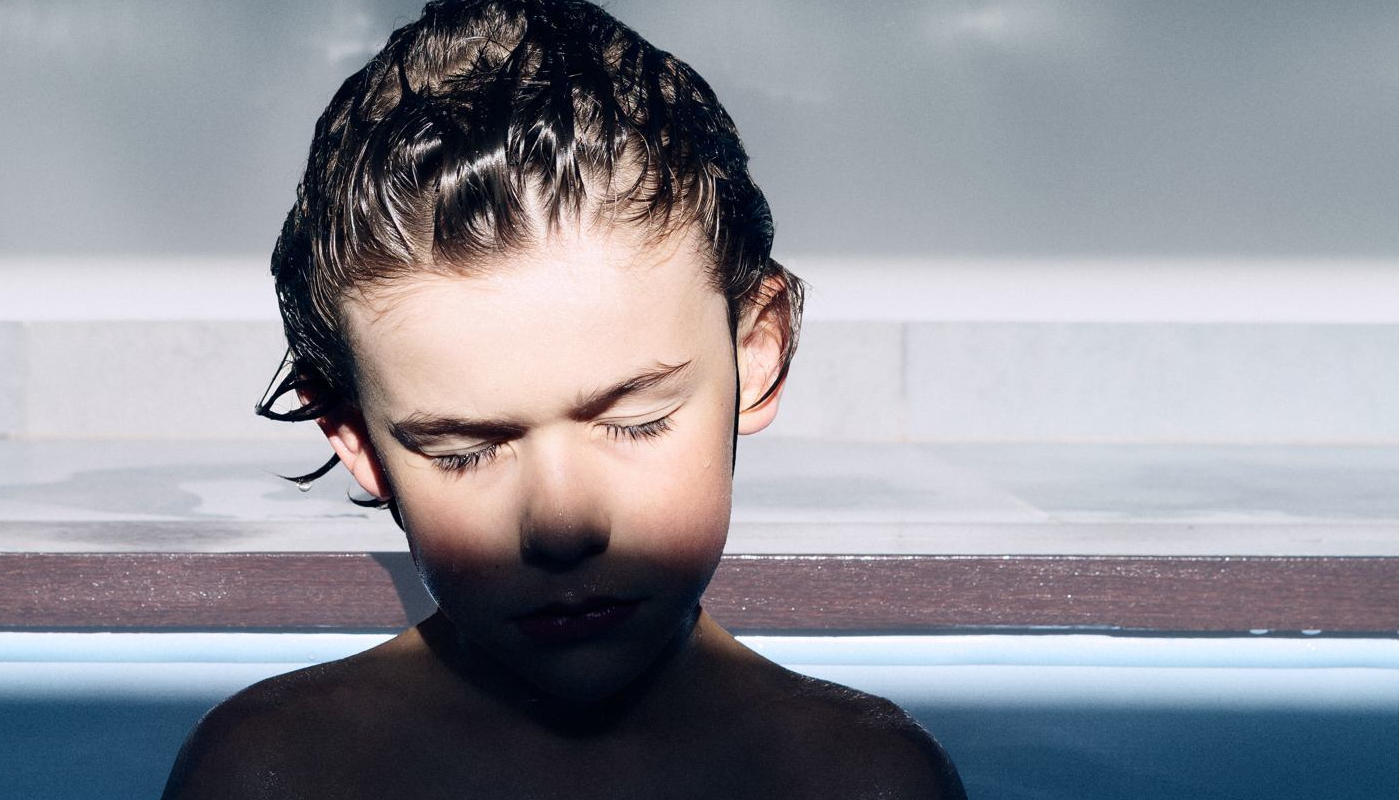
What if… paper helped us travel the world?
In Äänekoski, Finland, Veolia launched the world's largest biorefinery project producing CO2-neutral bio-methanol from a pulp mill, offering a new source of sustainable fuel to replace fossil fuels.
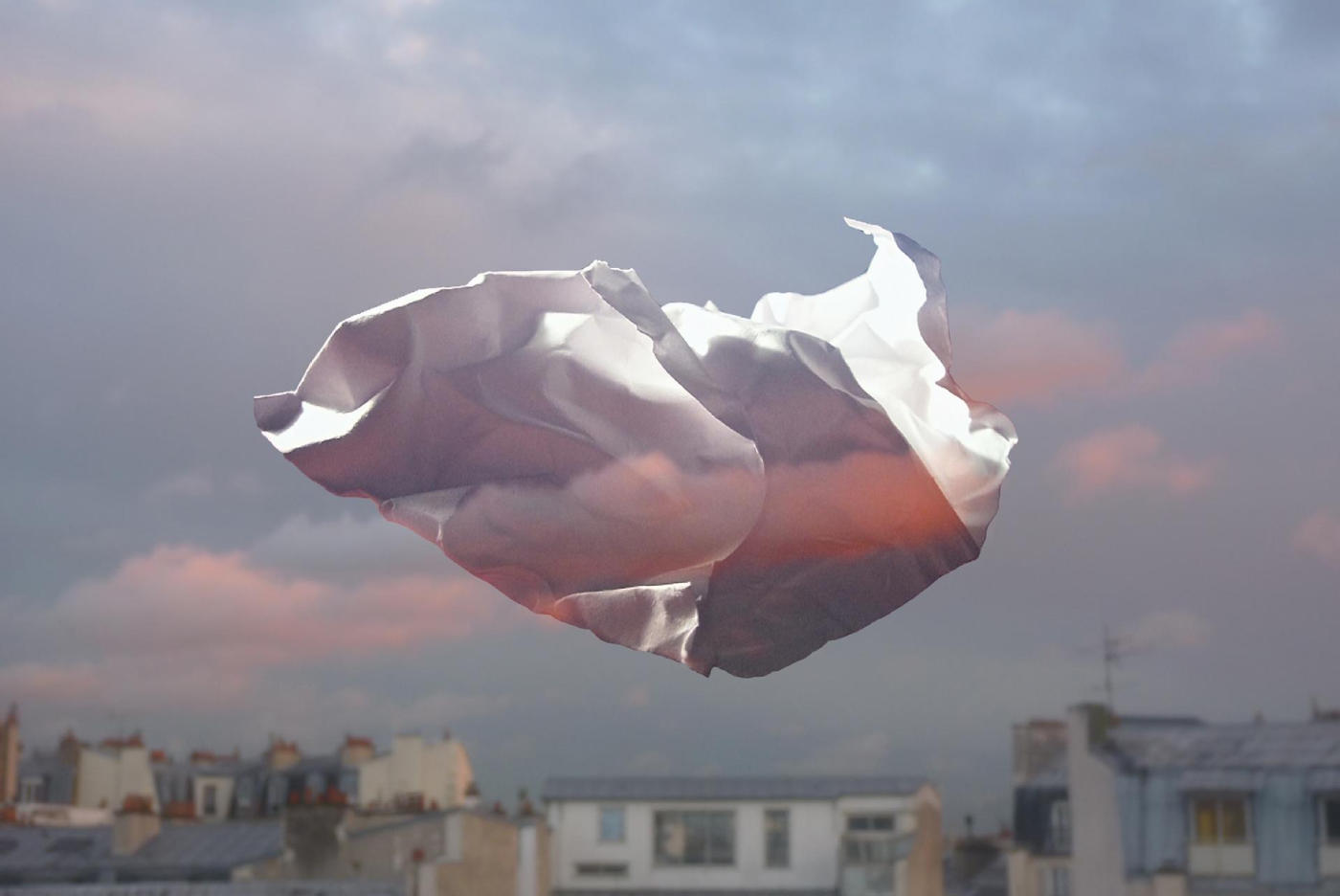
What if… the marine world kept our cities cool?
Cooling paving stones made from scallop shells were laid in a school playground in Bordeaux, France. Rainwater, which is recovered, stored and treated, using a system developed by Veolia, runs through these paving stones to keep them cool.
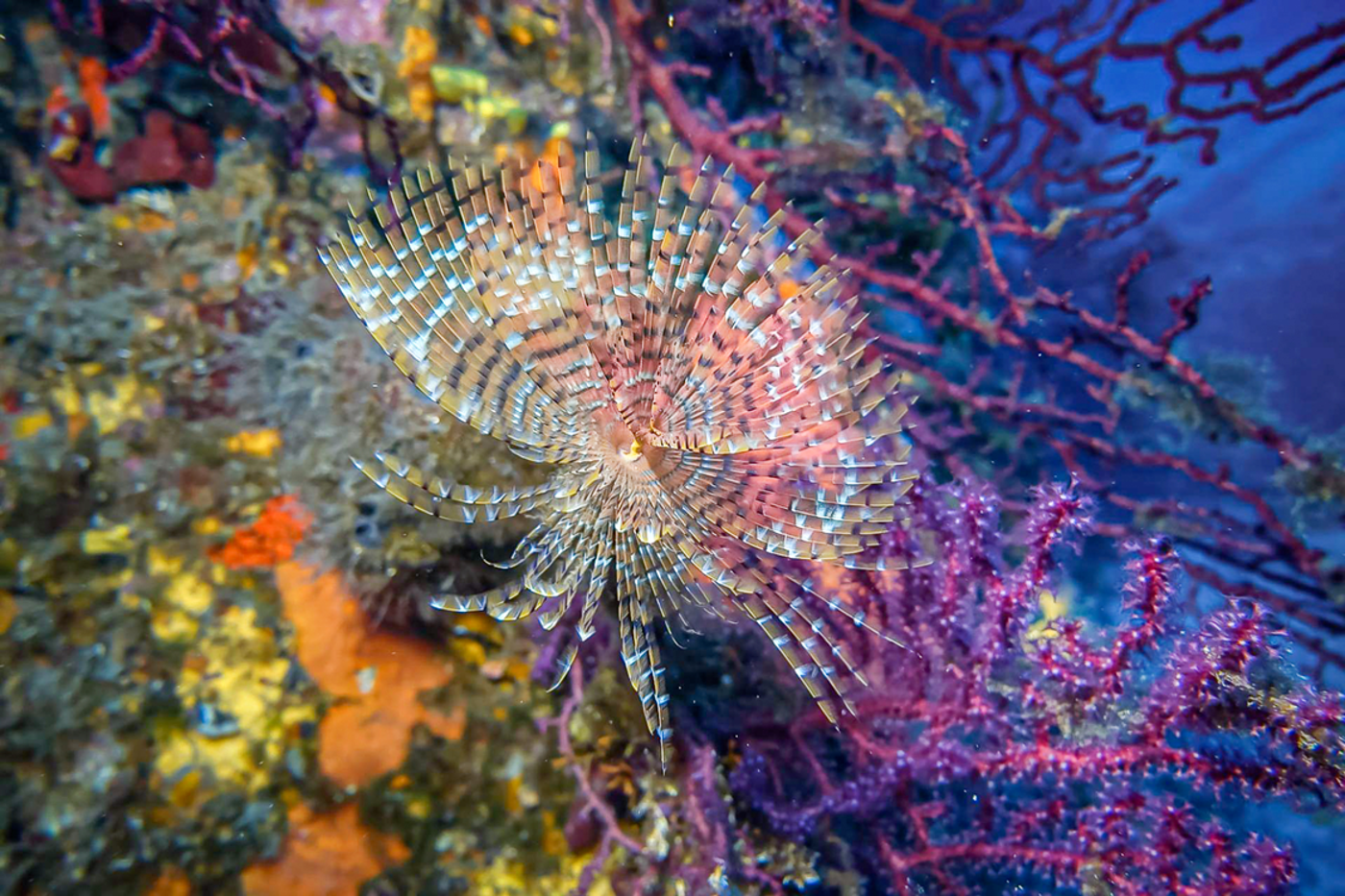
What if… plastic became a source of energy?
In Yeoju, South Korea, Veolia transforms non-recyclable plastic waste into solid recovered fuel to satisfy the energy needs of the country’s industry.
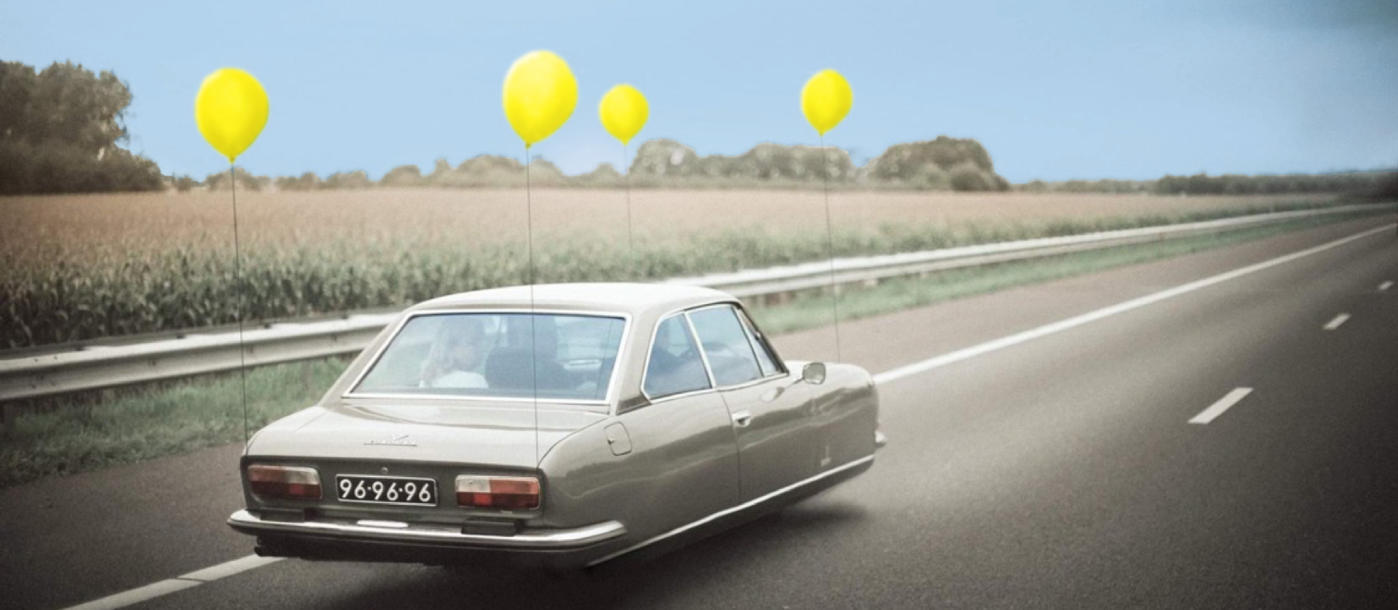
What if… plants could be used to clean polluted water?
In Budapest, Hungary, Veolia treats wastewater from around 300,000 inhabitants. The station combines conventional treatment technology with water-related engineering that uses plants, bacteria and microorganisms to naturally reduce the presence of pollutants in the wastewater.
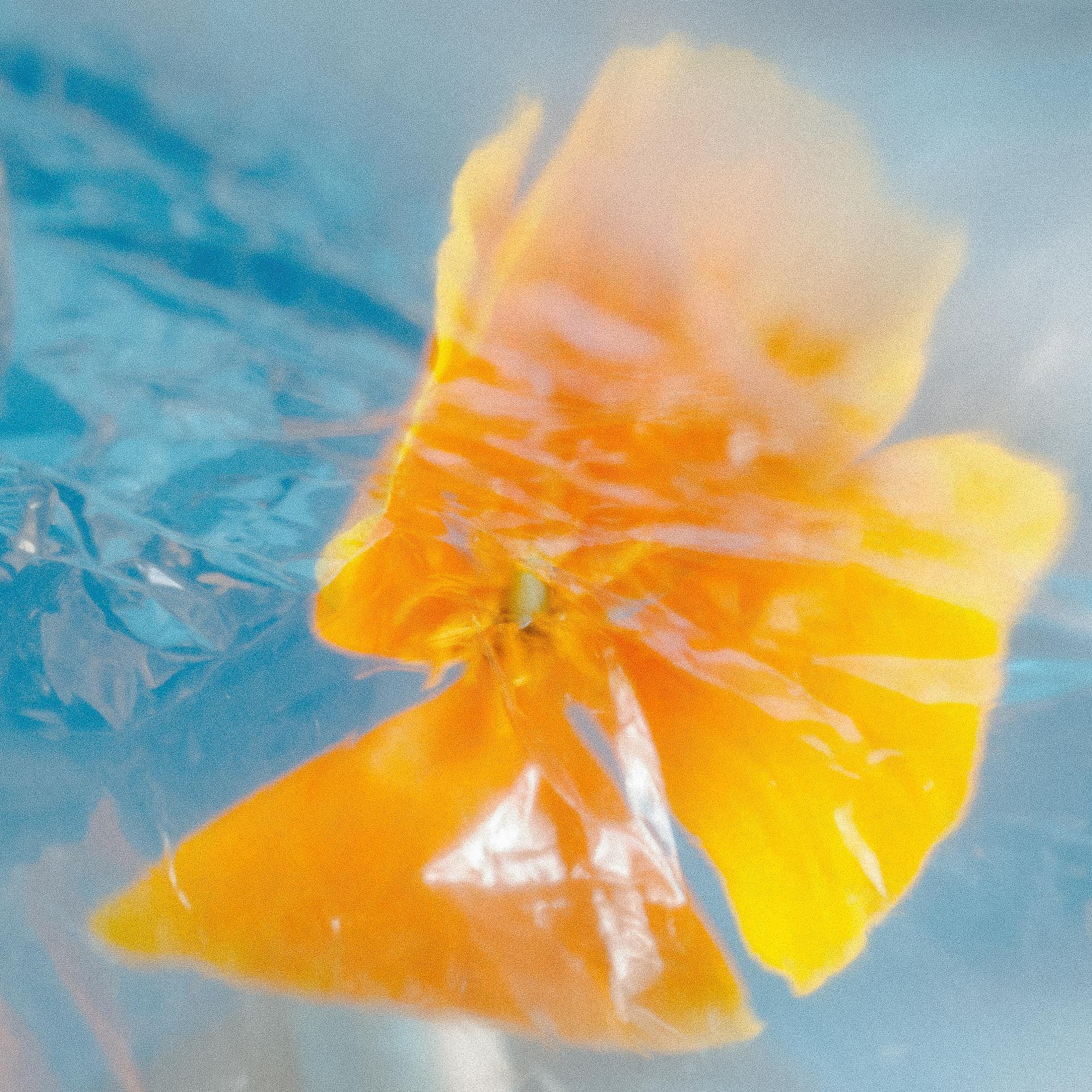
What if… our food could generate energy?
In Gloucestershire, United Kingdom, Veolia produces 4.56GWh of renewable electricity – enough to power 1,400 homes – by recovering food and farm waste.
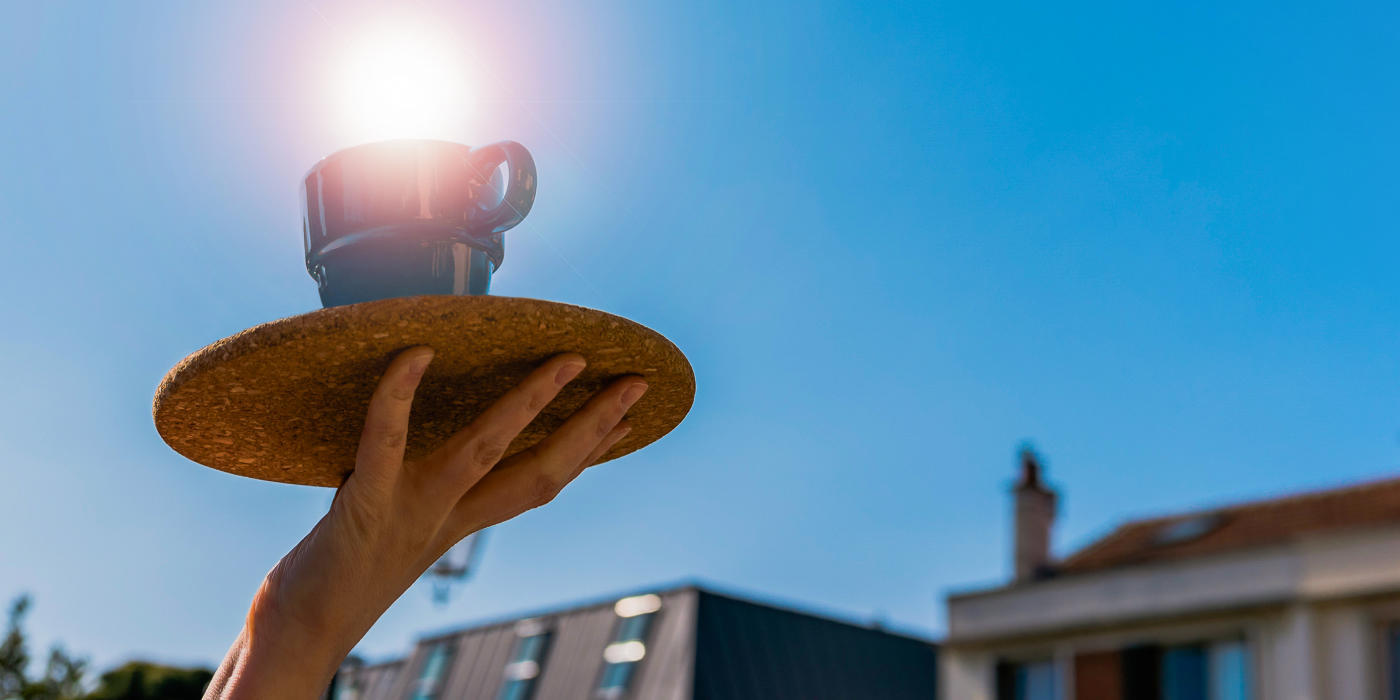
What if… we could heat our homes using wastewater?
In Roquebrune-Cap-Martin, France, Veolia captures energy from wastewater and uses it to heat the 300 homes in the town. Thereby creating a locally sourced and readily available resource.
